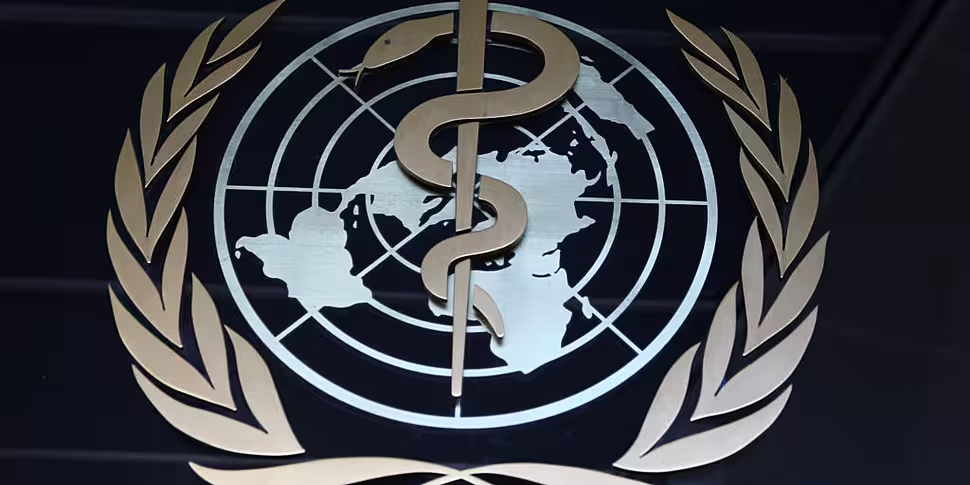There is currently no evidence that someone who has recovered from coronavirus is immune from a second infection, according to the World Health Organisation.
It comes amid suggestions that some countries could hand out ‘immunity passports’ to help ease the current restrictions.
It has been proposed that certs could be issued to those who have had the virus so they would be allowed travel or return to work.
However, the WHO has today issued a warning against the idea of immunity passports - saying there’s no evidence to date that those who have antibodies having recovered from the disease are protected from reinfection.
They say that people who assume they are immune “may ignore public health advice”, and therefore the use of immunity passports or ‘risk-free certificates’ could potentially increase the risks of continued transmission.
The health organisation says they will update their advice as more research into the virus becomes available.
In terms of the studies to date, the WHO notes: “Most… studies [to date] show that people who have recovered from infection have antibodies to the virus.
“However, some of these people have very low levels of neutralizing antibodies in their blood, suggesting that cellular immunity may also be critical for recovery.
“As of 24 April 2020, no study has evaluated whether the presence of antibodies to SARS-CoV-2 confers immunity to subsequent infection by this virus in humans.”
The WHO says they support studies that are testing for antibodies in those who’ve recovered from the virus, saying it’s “critical” in developing an understanding of the virus.
However, they also say that work needs to be ongoing to improve the accuracy and reliability of lab tests.









